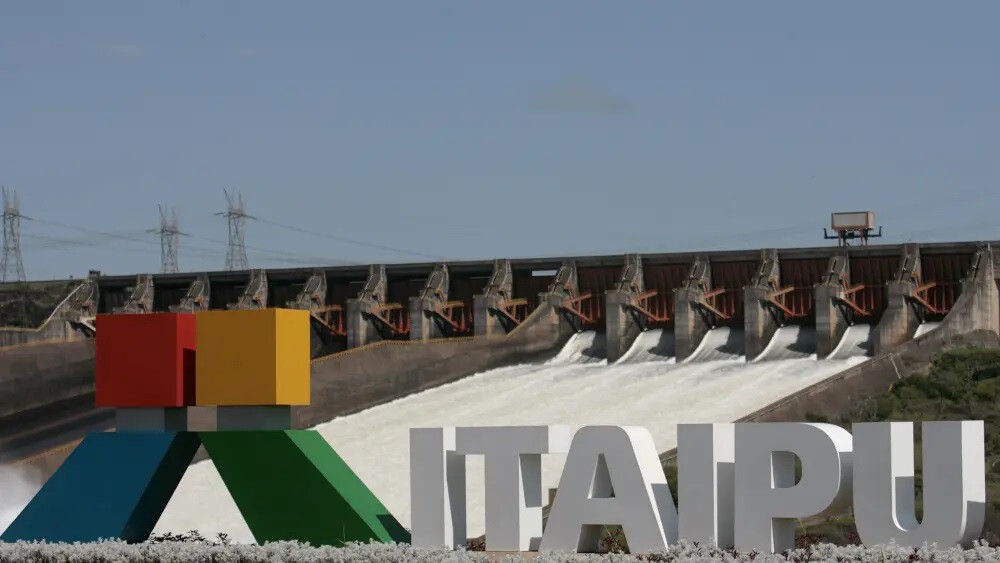
ASUNCIÓN – Itaipu Binacional announced that from January to May 2025, it paid a total of USD 234,673,800 (approximately KRW 324 billion) to the Paraguayan government in royalties, compensation for power transfers, and payments to ANDE (National Electricity Administration). These remittances fulfill obligations stipulated in Annex C of the Itaipu Treaty and play a crucial role in supporting Paraguay's local governments and the development of its national electricity system.
Detailed Financial Support
According to Itaipu's financial report, approximately USD 110,549,500 (approximately KRW 152 billion) of the total amount was remitted to the Ministry of Economy and Finance (MEF) as royalties. This represents a significant portion of Paraguay's public finances, contributing to the operation of the national budget. Additionally, USD 84,210,300 (approximately KRW 116 billion) was paid as compensation for power transfers, and a separate USD 39,914,000 (approximately KRW 55 billion) was provided to ANDE as compensation for administrative and supervisory costs.
Itaipu emphasized the importance of this support, stating, "These resources are essential for state governments, municipalities, and the state-owned electricity company to carry out projects for their residents." Itaipu, being one of the world's largest hydroelectric power plants, provides stable electricity to both Brazil and Paraguay, contributing to economic development.
Financial Inflow in May Alone
In May alone, Itaipu remitted a total of USD 41 million (approximately KRW 56.5 billion) to Paraguay. Of this, USD 20 million was for royalties, USD 13 million for compensation for power transfers, and USD 8 million for ANDE. This demonstrates that substantial financial support continues on a monthly basis.
Utilization of Royalties and Compensation
Royalties: A portion of the royalties generated by Itaipu is used to cover expenditures in the National General Budget (PGN), while another significant portion is transferred to state governments and municipalities through the treasury. These funds are primarily used for essential programs, investments, and public works that directly impact residents' lives, such as school meals, school renovations, establishment and expansion of health centers, and road infrastructure development. For example, they contribute to improving school facilities in underdeveloped areas and increasing access to medical services, directly enhancing the quality of life for local residents.
Compensation for Power Transfers: Funds transferred as compensation for power transfers are included in the National School Meal Fund (Fondo Nacional de Alimentación Escolar), and a portion of these funds is also distributed to municipalities and state governments. This directly contributes to improving the nutritional status and educational environment of children and adolescents in Paraguay, providing a crucial foundation for the health and development of future generations.
Annex C Negotiations and Future Outlook
Paraguay and Brazil are currently renegotiating Annex C, one of the key provisions of the Itaipu Treaty. Annex C is a critical document that stipulates Itaipu's financial and operational standards, particularly power tariffs and royalty distribution methods. Paraguay has stated its readiness to successfully conclude the negotiations, aiming to strengthen the nation's energy sovereignty and maximize its financial benefits.
These negotiations are expected to significantly impact Itaipu's future operational direction and Paraguay's national development. If the negotiations are successfully concluded, Paraguay anticipates gaining greater economic benefits from Itaipu, allowing it to further accelerate national infrastructure development and expand social welfare programs.
Itaipu Binacional's continuous financial support contributes to Paraguay's economic stabilization and decentralized development, serving as a vital driver for the nation's sustainable growth.
[Copyright (c) Global Economic Times. All Rights Reserved.]






























